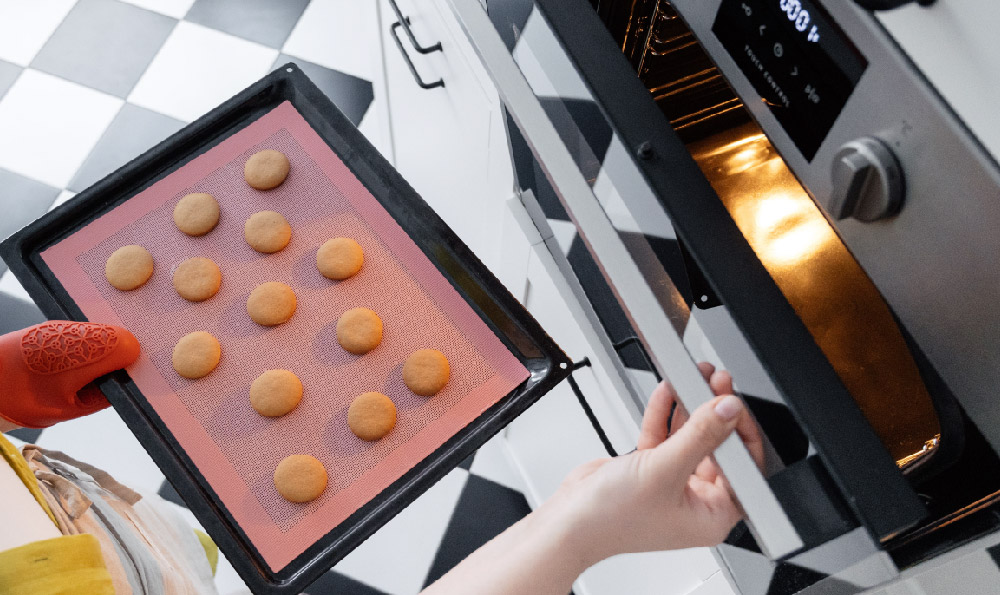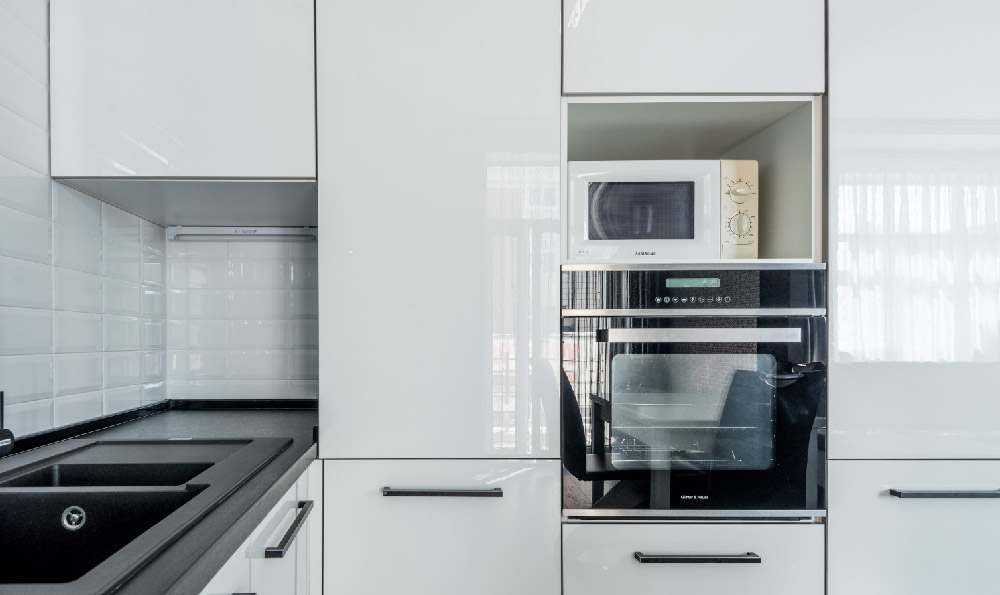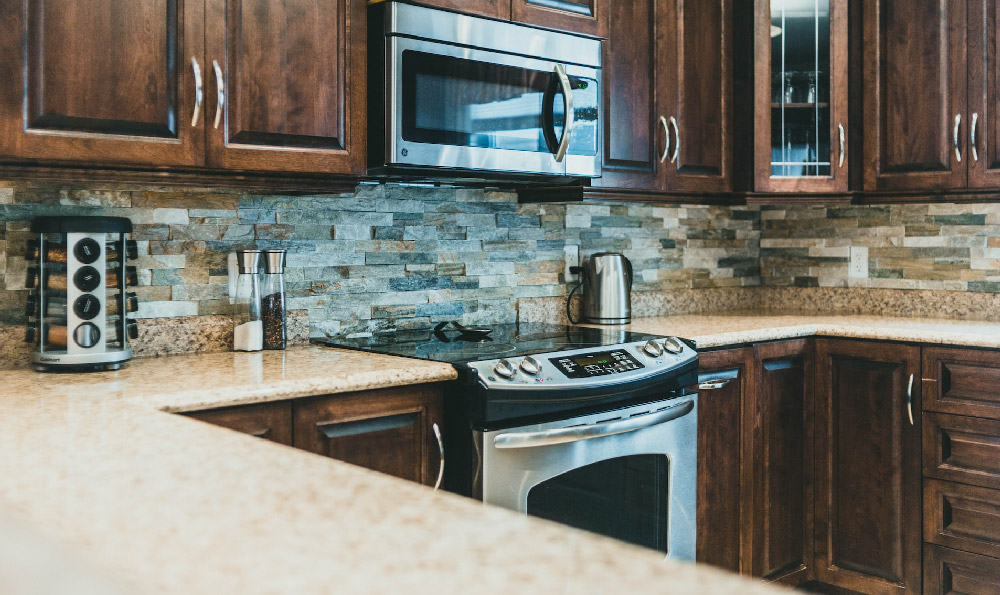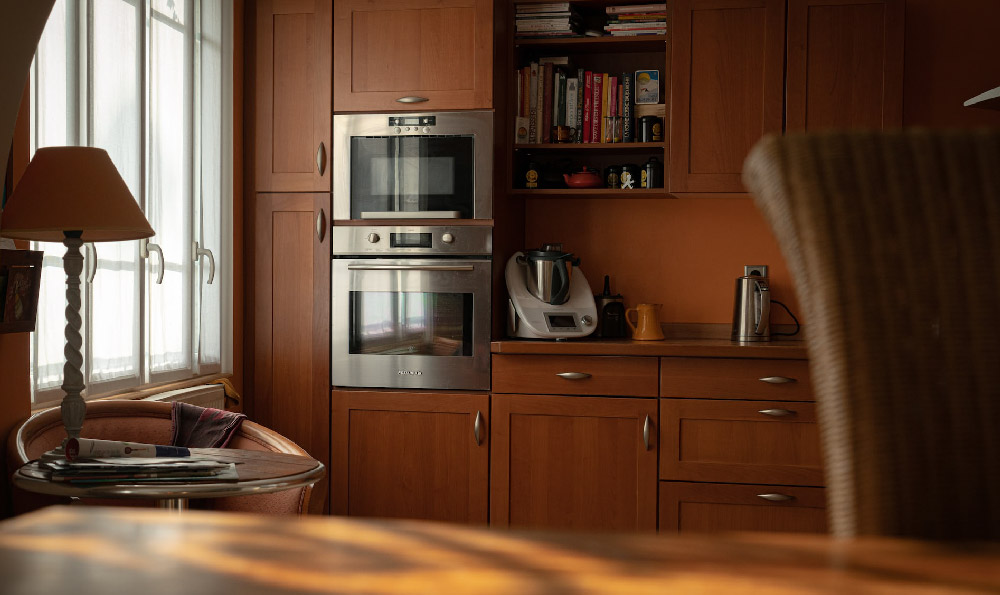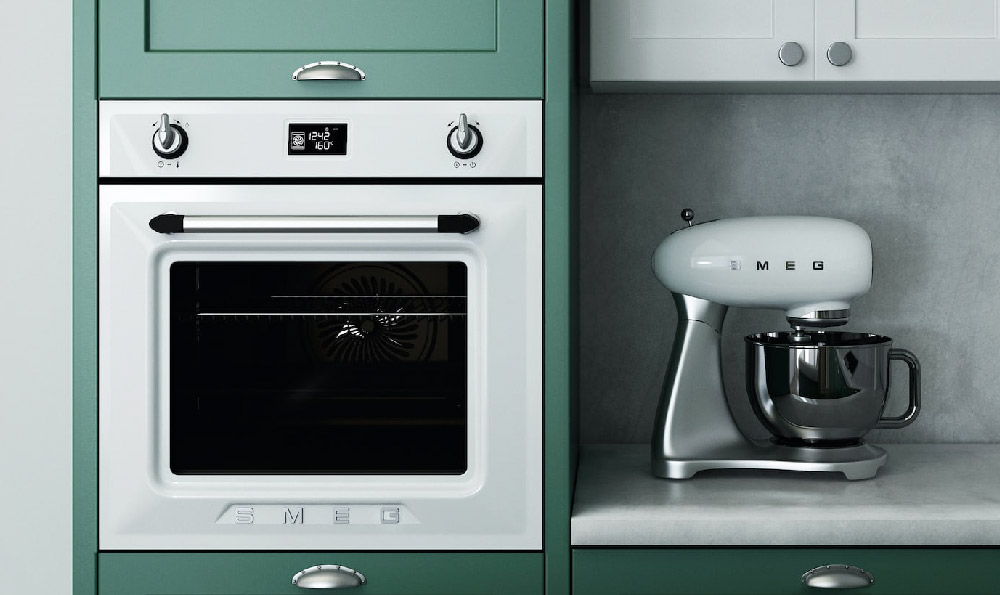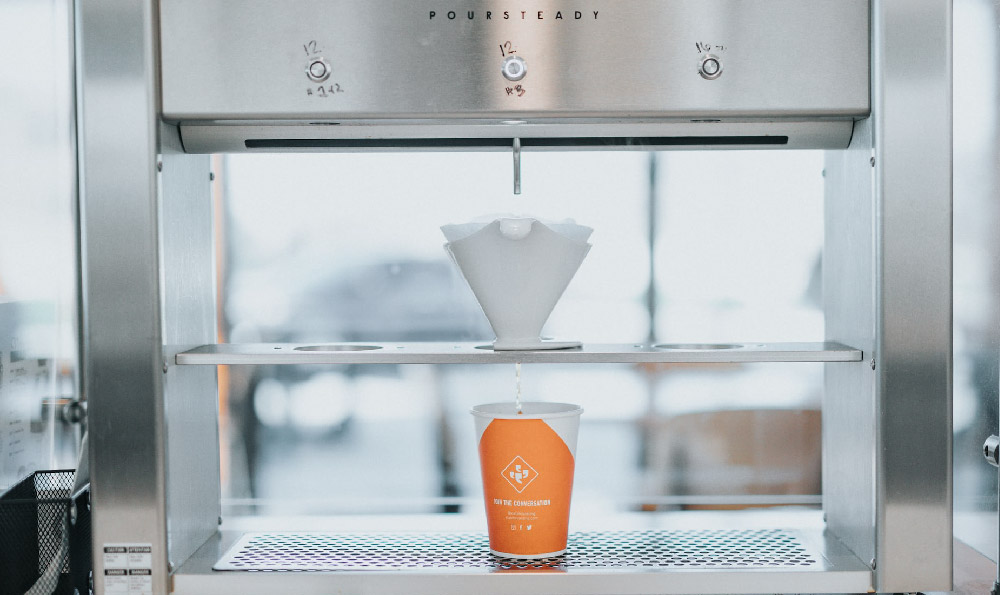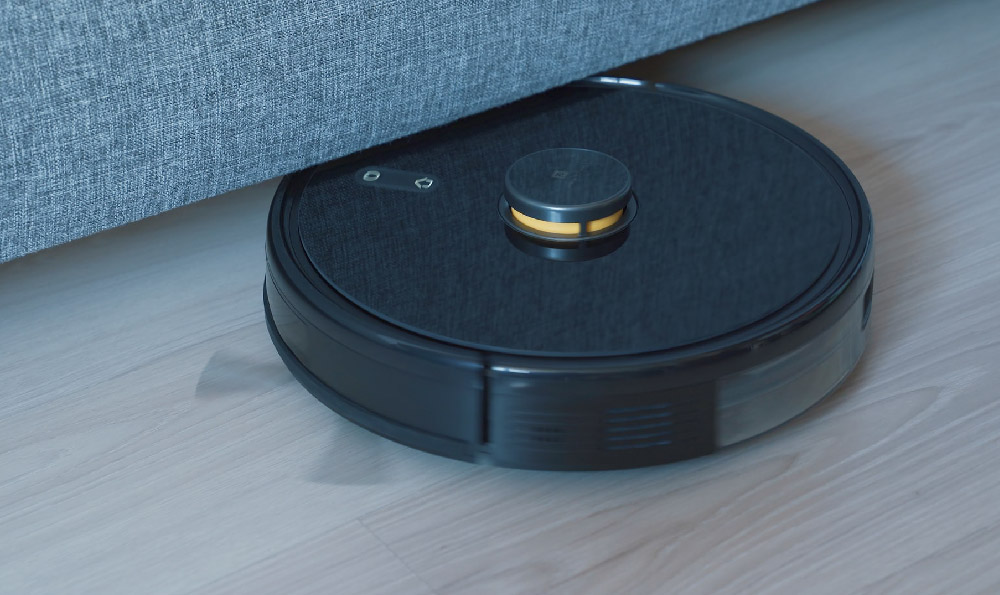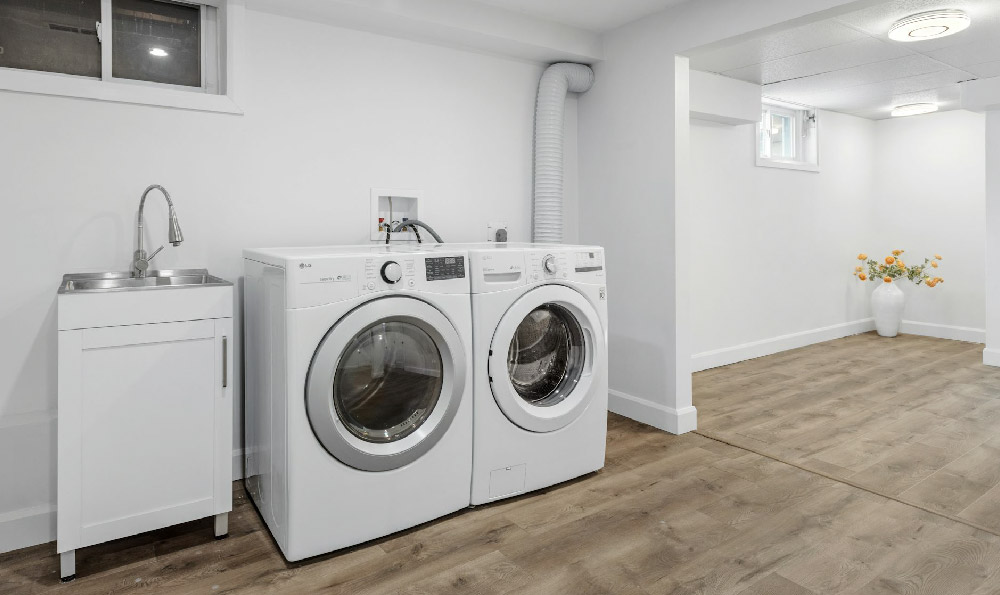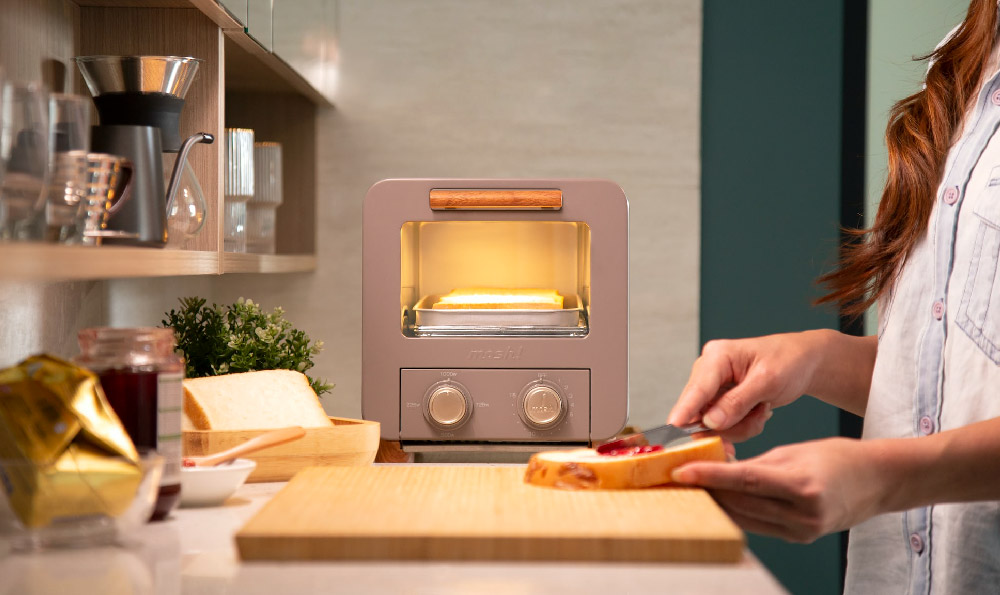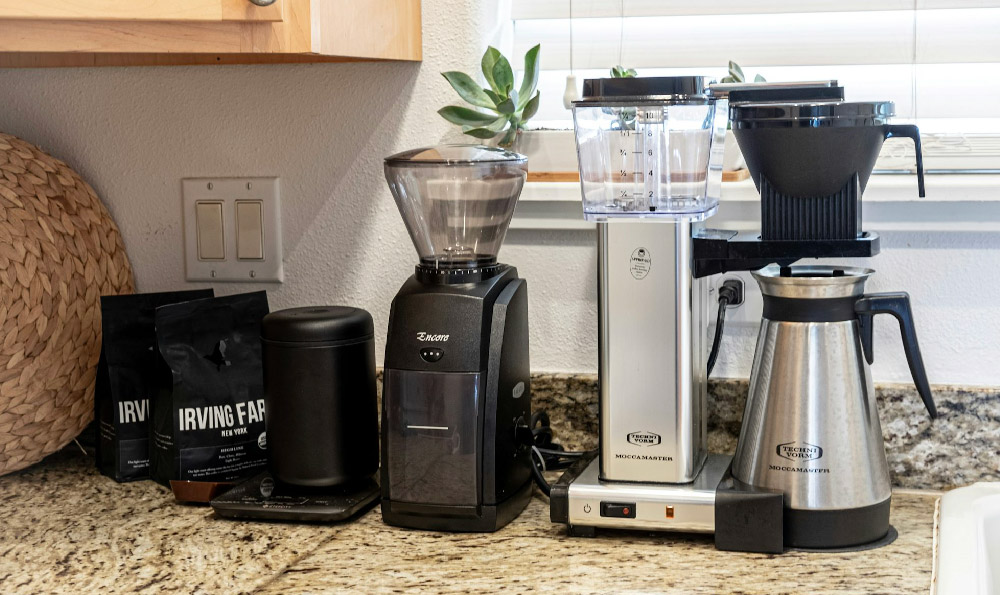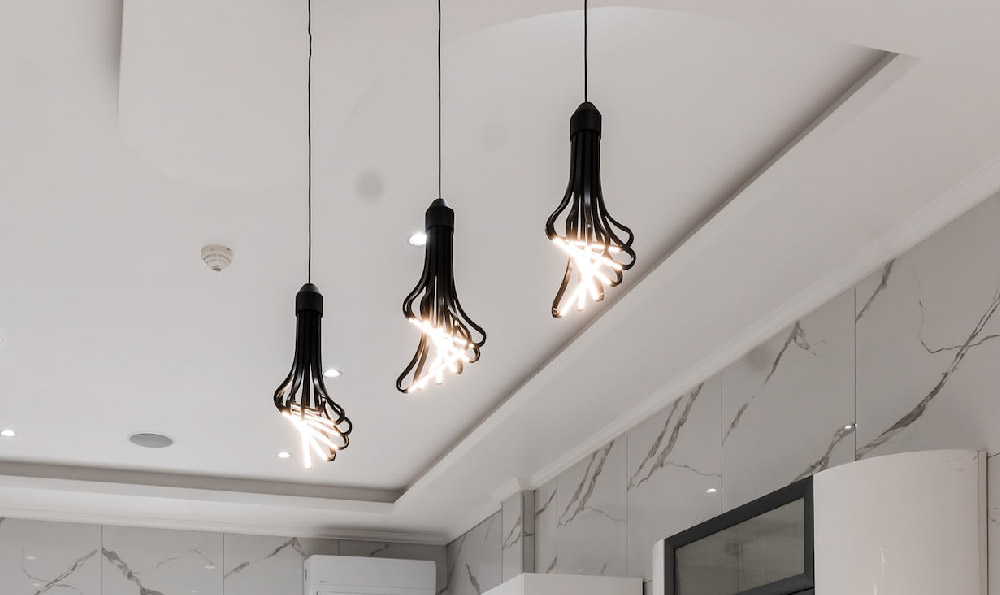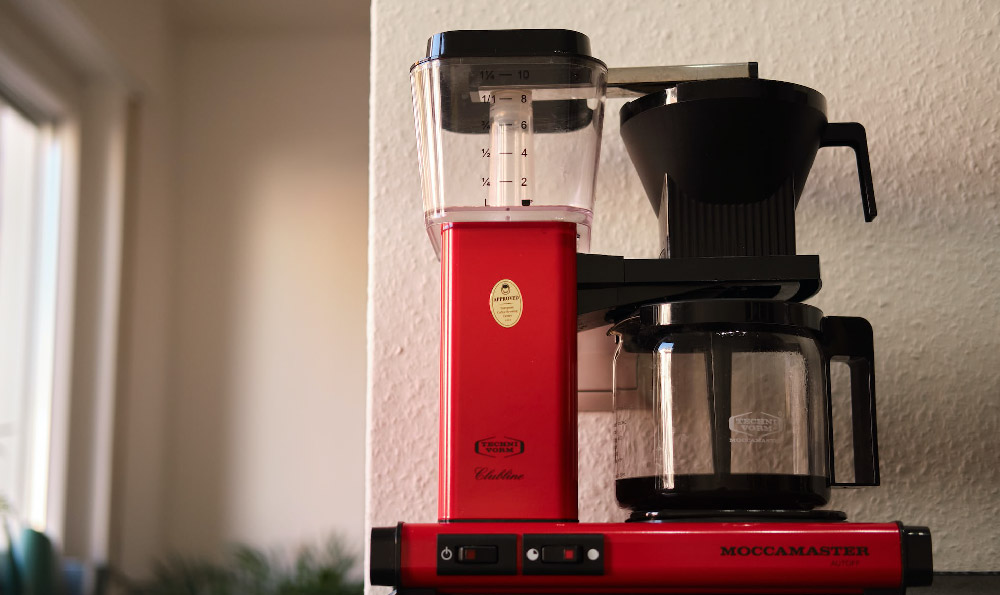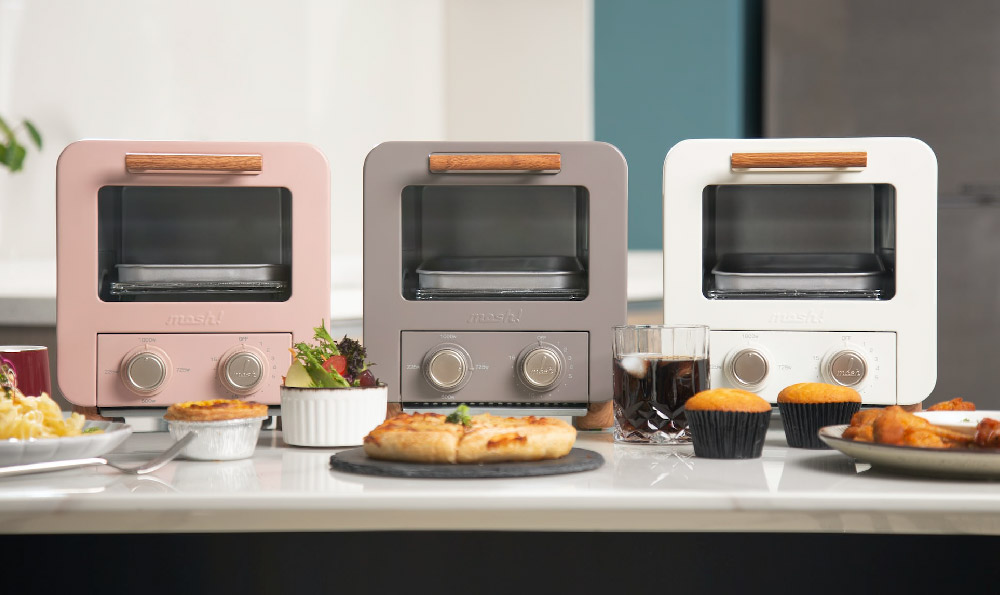
智能家居是指利用物联网技术,将各种家庭设备和家居设施连接在一起,实现智能化控制和管理的家庭系统。随着物联网技术的不断发展,智能家居正逐渐深入人们的生活,并呈现出创新性的发展趋势。
二、智能家居的创新功能
智能家居的创新性体现在其具备了多种功能,例如智能安防系统、智能照明系统、智能家电控制等。通过智能安防系统,用户可以通过手机远程监控家中的安全状况,实时了解家庭的情况。智能照明系统则可以根据用户的习惯和需求智能调节灯光亮度和色温,为用户提供更加舒适的居住环境。而智能家电控制则可以实现对家电的远程控制,提高生活的便利性和舒适度。
三、智能家居与能源管理的创新结合
智能家居的创新性还体现在与能源管理的结合上。通过物联网技术,智能家居可以实时监测家庭的能源消耗情况,提供节能的建议和控制策略。智能热水器可以根据用户的使用习惯自动调节热水的温度和供应量,避免资源的浪费。智能空调系统则可以根据家庭成员的离开和到达情况,自动调节温度和风速,提高能源利用效率。
四、智能家居的创新设计理念
智能家居的创新性还体现在设计理念上。与传统家居相比,智能家居更加注重用户体验和便利性。智能家居可以通过语音控制和手势感应等方式,实现更加智能化的交互方式,减少用户的操作负担。智能家居的设计也注重与环境的协调和融合,例如通过可调节的照明和窗帘系统,实现与自然光线的协调,提升居住舒适度。
五、智能家居的未来发展趋势
智能家居的创新性将在未来得到更多的展示和发展。随着物联网技术的不断进步,智能家居将实现更加智能化和自动化的控制和管理。未来的智能家居可以实现多个设备的协同工作,实现更加智能化的家居体验。智能家居还可以与其他领域的技术进行结合,例如人工智能和大数据分析等,为用户提供更加个性化和智能化的服务。
六、总结
智能家居的创新性在于其在功能、能源管理、设计理念和未来发展等方面的突破和进步。通过物联网技术的应用,智能家居正在改变人们的生活方式,为人们提供更加便利和舒适的居住体验。随着技术的不断更新和进步,智能家居的创新性还将得到更多的展示和应用。
物联网创新点
物联网(Internet of Things)是指以互联网为基础,通过无线传感器和通信技术,将日常物品与互联网相连接,实现信息的交互和智能化的概念。针对不同行业和领域,物联网的应用创新点也各不相同。

一、农业领域
物联网技术在农业领域的应用创新点主要体现在智能农业方面。通过利用无线传感器监测土壤湿度、光照强度、温度等环境指标,农民可以实时了解土壤和作物的状态,从而做出合理决策。物联网技术还可应用于农业机械的自动化控制和智能化管理,提高农业生产效率和质量。
二、健康医疗
在健康医疗领域,物联网的创新点主要体现在远程医疗和健康监测方面。通过智能穿戴设备和传感器,患者可以实时监测自身的生理参数,如心率、血压、血糖等,并将数据传输到医生的设备上,实现实时的远程医疗和诊断。物联网技术还能够帮助医院提高医疗设备的管理和维护效率,减少人力资源的浪费。
三、智能家居
在智能家居领域,物联网的创新点主要体现在智能控制和家居安全方面。通过无线传感器和智能设备,居民可以远程控制家中的照明、空调、电视等设备,实现智能化的生活体验。物联网技术还能与家庭安防系统相结合,通过传感器实时监测家庭的安全状态,提供即时的警报和报警功能。
四、交通运输
交通运输领域也是物联网创新点的重要应用领域之一。通过无线传感器和智能交通系统,能够实现交通信号的自动调节和交通拥堵的实时监测。物联网技术还可以帮助物流和运输公司实现对货物的实时跟踪和监控,提高物流效率和运输安全。
五、能源管理
在能源领域,物联网的创新点主要体现在智能电网和能源监测方面。通过智能电表和传感器,能够实时监测电力的使用情况,并调整供电策略以提高能源利用效率。物联网技术还可以帮助能源公司实现对能源设施的智能化管理和远程监控,减少能源浪费和环境污染。
六、零售行业
物联网的创新点在零售行业主要体现在智能商店和物流管理方面。通过无线传感器和智能标签,零售商可以实时监测商品的库存和销售情况,减少货架断货和库存积压的问题。物联网技术还可以提供个性化的购物体验和精准的推荐服务,提高消费者的购物满意度。
物联网的创新点涵盖了多个行业和领域。通过利用无线传感器和通信技术,实现物品与互联网的连接,物联网为各个行业带来了许多机遇和创新点。从农业到医疗、从家居到交通运输,物联网的应用正逐渐改变着我们的生活和工作方式,为我们带来更多的便利和效益。
Introduction to Smart Home
Smart home is a fast-growing industry that integrates technology and automation into our daily lives to make our living spaces more convenient, comfortable, and efficient. This article aims to provide a clear and objective overview of the smart home industry, focusing on the concepts, benefits, and technologies involved.

Concept of Smart Home
A smart home refers to a living space equipped with various interconnected devices and systems that can be controlled remotely or automated to perform tasks. These devices and systems are designed to enhance the quality of life by providing convenience, energy efficiency, and security.
Benefits of Smart Home
The benefits of having a smart home are manifold. Firstly, it offers convenience as homeowners can remotely control and monitor various aspects of their homes, such as lighting, temperature, and security, through their smartphones or voice assistants. Secondly, smart homes optimize energy consumption by automatically adjusting lighting, heating, and cooling based on occupants' presence and preferences. This leads to reduced energy bills and a greener environment. Thirdly, smart homes ensure enhanced security with features like smart locks, surveillance cameras, and motion sensors, providing homeowners with peace of mind.
Technologies in Smart Home
Various technologies are employed in smart homes to enable automation and connectivity. Internet of Things (IoT) serves as the backbone of smart home systems, enabling devices to communicate and share information with each other. Voice assistants, such as Amazon Echo or Google Home, utilize natural language processing to respond to commands and control connected devices. Smart thermostats, like the popular Nest Learning Thermostat, learn occupants' habits and adjust temperature settings accordingly. Furthermore, smart lighting systems offer customizable lighting options, energy efficiency, and mood-setting capabilities.
Safety and Privacy Concerns
While smart homes offer convenience and efficiency, concerns about safety and privacy are inevitable. Manufacturers and developers must prioritize security measures to protect users' personal information from cyber threats. Regular software updates and strong encryption protocols are essential to safeguard against unauthorized access. Moreover, users should be cautious when granting permissions and sharing data with third-party applications or services. Awareness and education about potential risks are crucial to ensure the safe adoption of smart home technologies.
Future Trends in Smart Home
The smart home industry is continuously advancing, and several future trends are worth mentioning. Integration with artificial intelligence (AI) and machine learning allows smart homes to become more intuitive and adaptive to users' preferences. For example, AI-powered virtual assistants can learn residents' behavior patterns to automatically adjust settings and anticipate their needs. Moreover, the emergence of smart appliances, such as refrigerators, washing machines, and ovens, further enhances the functionality and connectivity of smart homes.
Conclusion
In conclusion, the smart home industry is revolutionizing the way we live by incorporating technology and automation into our living spaces. Smart homes offer convenience, energy efficiency, and security benefits through technologies like IoT, voice assistants, and smart devices. However, safety and privacy concerns should always be addressed to ensure users' protection. As the industry continues to evolve, the integration of AI and the emergence of smart appliances hold promising prospects for the future of smart homes.





